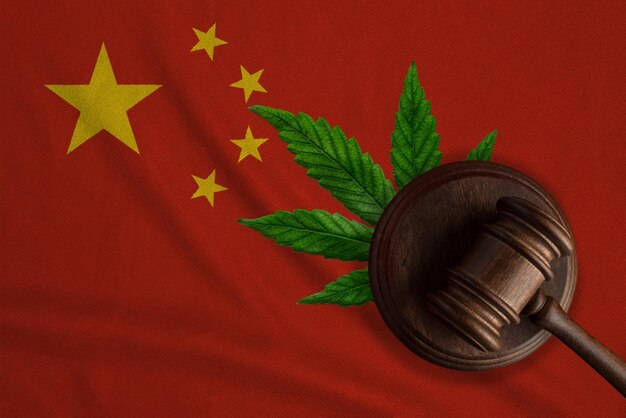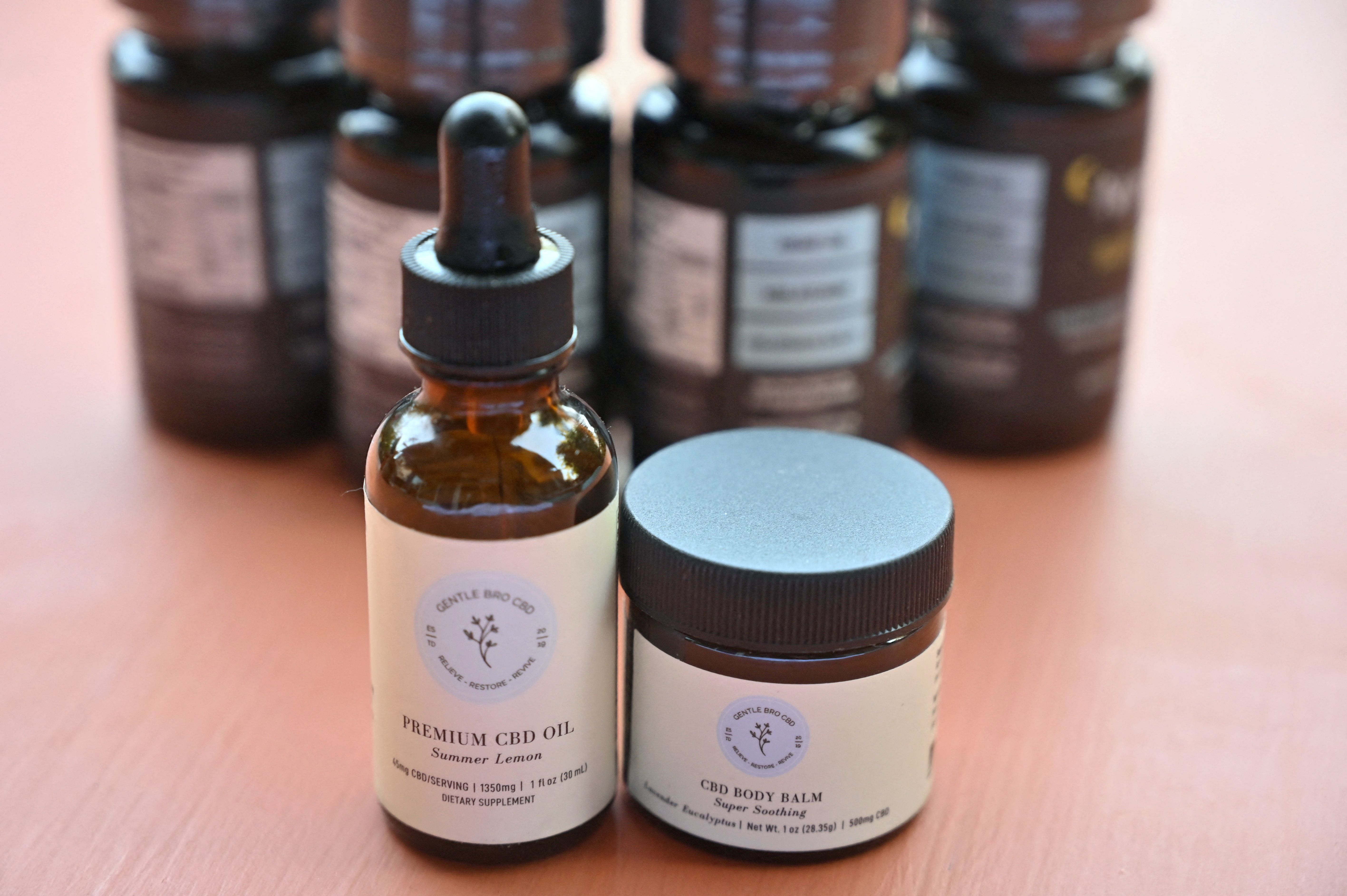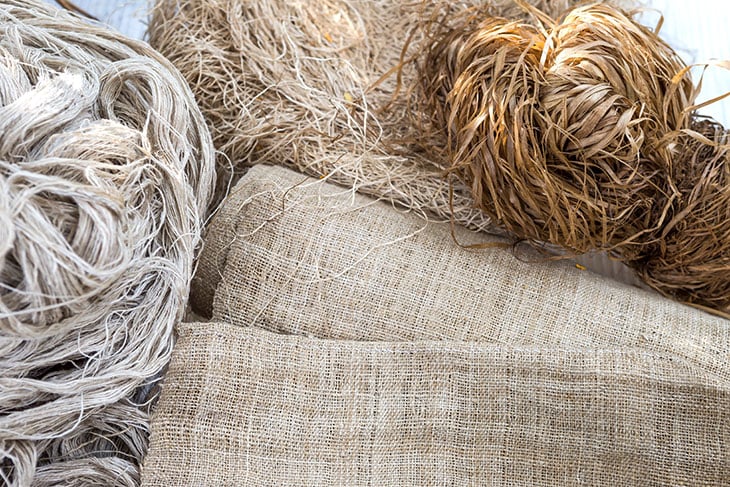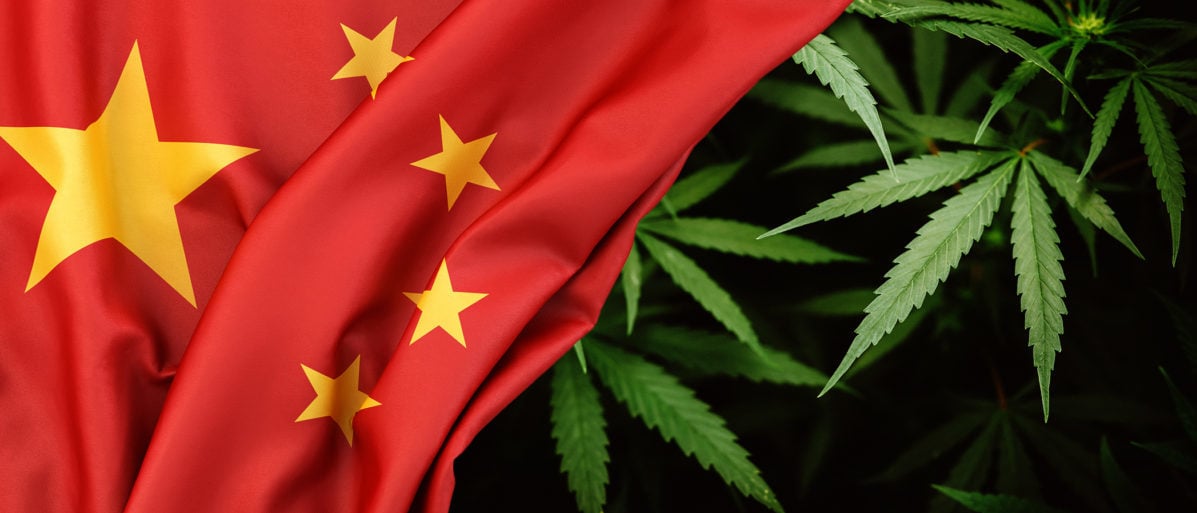China has very harsh laws on drugs, and maintains a zero-tolerance stance on marijuana.
If you are a traveler, an expat, or just wondering, knowing what China thinks of marijuana will help, whether traveling, living there, or just eager to learn more.
This article breaks down the laws around marijuana in China, from medical and industrial hemp allowances, to what happens if you’re caught with it, to how the Chinese view weed.

Is Weed Legal in China?
No, marijuana is strictly illegal in China.
The country has some of the harshest drug laws on the planet and marijuana is no different.
Whether you obtain or use it for recreational or medical use, possessing, using, selling, or trafficking marijuana can result in severe legal penalties, including large fines and lengthy prison sentences.
Is CBD Legal in China?
No, for general use, CBD (cannabidiol) is found mostly illegal.
China is a big manufacturer of industrial hemp (which has CBD in it). Its use and sale are highly regulated.

Medical and Industrial Marijuana in China
Is Medical and Industrial Hemp Legal in China?
Yes. Medical hemp and industrial hemp are both legal in China, but both are subject to strict regulations.
Medical Use
China has a zero-tolerance policy when it comes to cannabis that has high amounts of THC (the psychoactive component in marijuana).
Some parts of the cannabis plant, including one with minimal THC called the cannabis seed, are recognized for their medicinal properties and are even part of the Chinese Pharmacopoeia.
Furthermore, some cannabis products such as extracts, resins, and tinctures are also allowed for medical usage, as long as they are in compliance with state regulations.
The Chinese government heavily monitors the cultivation of marijuana plants for medicinal use and permits only government-approved companies to cultivate it in monitored facilities.
Industrial Use
The other variety of cannabis, industrial hemp, with a THC content of less than 0.3% is legal in China, where it is grown to manufacture hemp-based products like fabrics, yarns, and textiles.
Mostly, it’s grown for industrial purposes — hemp fibers used for fabric, rope, and textiles.
Industrial hemp production is allowed in some parts of the country, known as Yunnan and Heilongjiang Provinces. In these regions, farmers and businesses require special permits to grow and turn it into products.
In short, there are laws in China governing the medical and industrial hemp sectors, but these laws are strict and require deferring to the government.

China's Marijuana Laws and Penalties
China, with some of the harshest drug laws globally, is no different, and marijuana is illegal. Authorities adopt a zero-tolerance policy and even small infractions often involve harsh penalties.
The Punishment for Marijuana in China
Possession & Use: Individuals caught with marijuana or using marijuana will face administrative detention between 10 to 15 days, as well as fines of up to 2,000 yuan ($280 USD).
Trafficking and Distribution: Selling or distributing marijuana is a crime. Punishment for those found guilty of handling over 50 grams includes a minimum three-year prison sentence, with life incarceration or death being possible penalties for larger weights (or in special cases).
Marijuana Cultivation: Growing cannabis is another criminal offense, no matter how many plants. People arrested for growing marijuana could spend five years in jail and pay a hefty fine. For larger amounts, the punishment is even steeper.
What Should Travelers Know?
People applying for a China visa should know that the country has strict drug screening policies where travelers are occasionally screened.
If traces of THC are uncovered–even if you consumed it in a country outside of China–you could be arrested, fined, or deported.
How Does China's Cannabis Regulation Compare to Global Trends?
China’s laws about cannabis are some of the strictest in the world. The country has a zero-tolerance approach to cannabis, which is a sharp contrast to most other countries that either have decriminalized or legalized cannabis for both medicinal and recreational use in recent years.
And while countries like Canada and multiple U.S. states have legalized the drug, China has harsh laws for both using and possession, such as life imprisonment (or even the death penalty, if large-scale dealing is involved).

Travelers' Chinese Customs Inspection
If you plan to visit China, you should be aware that the country has some harsh rules about what can and cannot be brought in (marijuana being one of them).
It’s not uncommon for Chinese customs authorities to conduct a full-on search. They are very serious about keeping these substances out, including marijuana.
Furthermore, China does not tolerate prescription drugs with controlled substances of any kind, so make sure to confirm that your prescription is not formulated with any substance that is prohibited.
Do not pack anything that could be perceived as a narcotic, such as products containing cannabis or CBD oils.
In short, when traveling to China, stay away from everything related to cannabis.
For details on items that cannot be brought into China, please check: http://english.customs.gov.cn/statics/88707c1e-aa4e-40ca-a968-bdbdbb565e4f.html.
Chinese People's Attitude Towards Marijuana
In China, marijuana is framed in a negative light and use carries a heavy social stigma. People regard it as a destabilizing substance, and the country’s harsh anti-drug policies reflect that widespread view.
There’s not a lot of public conversation about whether to legalize marijuana.
Instead, the conversation centers around its dangers, including addiction, and how it impacts society negatively. Not only is using marijuana illegal but it’s also socially frowned upon as well.
FAQ
1. Where else in Asia is weed legal?
Marijuana is illegal in many places in Asia. Some countries (such as Thailand) have begun to legalize it for medical use, but places like Japan and Singapore have notoriously harsh penalties for anyone who uses marijuana in any.
2. Is marijuana legal in cosmetic products in China?
Cannabis-derived ingredients, like cannabis sativa seed oil, used to be on the list of allowed cosmetic ingredients, but were later recommended for removal. Some cannabis-derived ingredients are now considered banned in cosmetics as of May 2021.
Conclusion
If you’re considering visiting or residing in China, it’s important to stay up to date on the laws and to not have or use any marijuana.
While much of the world is relaxing its laws on the substance, China continues to take a hard-line approach to cannabis use in any capacity.
Learning these laws will ensure you can visit China and stay out of trouble.
